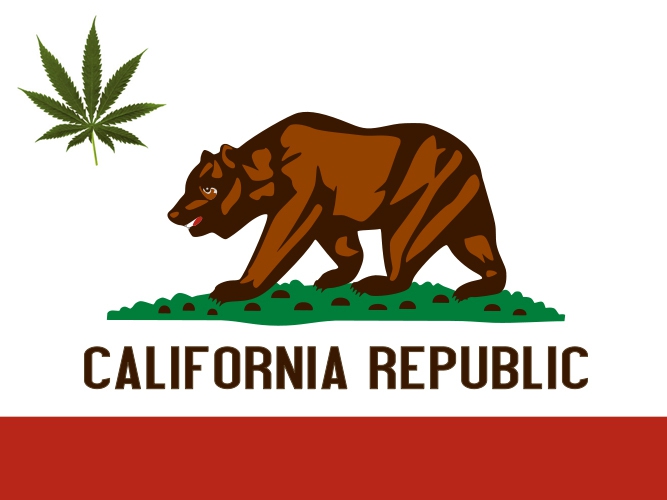
 Cali weed policy informs global environmental and economic perspectives
Cali weed policy informs global environmental and economic perspectives
The 8th of November will be a day of great reckoning in the U.S, mainly for the fact that a new President will be decided, but also for the fact that it may be a milestone in the way cannabis is viewed in the U.S and potentially across the globe. With four U.S states already having legalised recreational use of the plant, California following suit would be a huge indicator that the U.S Federal government’s stance on prohibition of marijuana will soon be coming to an end.
Over 100 active ‘cannabinoids’ have so far been discovered in cannabis including THC, the principal psychoactive ingredient that gives its user the feeling of being ‘high’, and CBD, a compound present in cannabis that has been constantly proven to have a variety of significant medicinal benefits, a fact that the cannabis industry has thrived upon.
As well as being an alternative to alcohol as an intoxicant of choice and a plant of high medicinal value, a separate variety of cannabis called hemp is seen as a far more productive, durable and sustainable replacement for paper and as an alternative source of material to the fashion industry. Many believe its longstanding prohibition has been largely due to pressure from lobbyists representing not only the pharmaceutical industry because of cannabis' near priceless medicinal value, but also the paper and cotton industries to which hemp poses a potential threat. Cotton requires almost twice as much land/space as hemp per ton of finished textile and almost twice as much water, two facts that should resonate clearly with all of those agroecologists preparing for the inescapable reality of future food and water shortages hastened by the pace of man-made climate change. California itself already has a water shortage problem and enabling farmers to grow hemp rather than cotton could go a long way to start reducing water usage in already strained region.
Only a few weeks ago the Scottish National Party voted to back a resolution decriminalising the use of cannabis for medical use by an overwhelming majority. Proposals have been made and MPs in the UK are being urged to pass a bill to create a regulated industry for cannabis.
It has been estimated that a regulated cannabis industry could net the British government over a billion pounds a year in tax revenue alone, along with additional environmental benefits. Furthermore, it has been calculated that the recreational and medicinal marijuana markets in California will increase threefold in under five years from $7 billion this year to $22 billion, if the Adult Use of Marijuana Act is approved.
Cannabis has been cultivated and used in various forms by many societies over thousands of years. Over the last few decades it has been prized for its many medicinal benefits, including killing cancer cells, so much so that China has taken out hundreds of patents on it, with over 300 of the 606 existing patents being owned by Chinese firms. Recent public associations have arisen in the form of its spiritual use by Rastafarians, the widespread incorporation of its use medicinally by many states across the U.S. & Europe, and most visibly the ever increasing number of states across the globe decriminalising it for personal use.
Back in 2015 a petition calling for the legalisation of cannabis production, sale and use accumulated over 230,000 signatures. It was second in its popularity only to a petition calling for a vote of No Confidence in health secretary Jeremy Hunt.
As much as alcohol is, cannabis is also known as a 'gateway' drug. Although it has never been recognised as the direct cause of any death, cannabis is known to be associated with a greater risk of psychosis and when smoked can be as cancerous as cigarettes and tobacco. In the UK, criminalisation of cannabis users and producers is still a moot point, with many working in the judiciary and higher echelons of the police force off the record considering it to be a waste of resources that could be better used fighting financial and violent organised crime.
